Techwire Asia: Vietnam could become green energy powerhouse in Asia
- Friday, August 20, 2021
Vietnam has shown the world its capability to accelerate clean energy solutions, with the highest installed capacity of solar power in Southeast Asia and the government’s commitment to boosting energy supply and strong public demand for improved air quality, the Malaysia-based Techwire Asia news website said in an article on August 19.
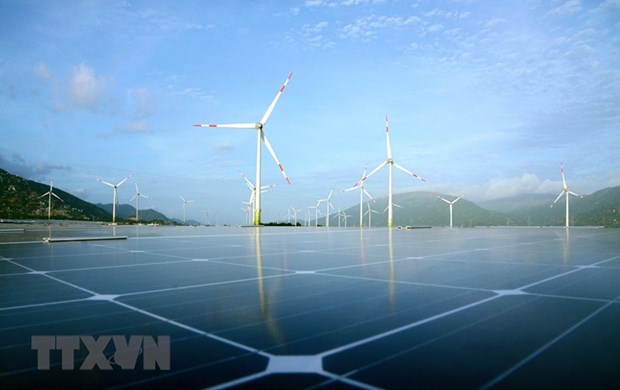
|
|
A solar and wind power project in Ninh Thuan province
|
Other news
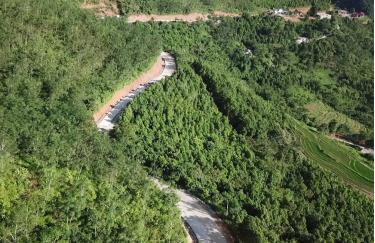
Residents in Van Chan district donated land to build over 100km of roads in 2023, of which over 96 km were asphalted. To date, all inter-commune roads and over 84% of inter-village roads have been paved.
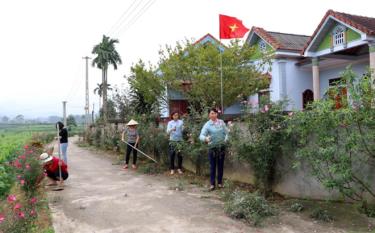
This year, Yen Bai province aims to have six additional communes recognised as new-style rural areas, nine advanced new-style rural communes and four model new-style rural areas. The locality is also striving to turn Yen Binh into a new-style rural district.
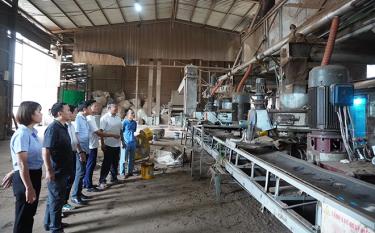
By applying technology, the branch of the Netma joint Stock Company in Vinh Kien commune of Yen Binh district, Yen Bai province, has completely mastered how to turn by-products generated during wood processing into bio pellets – a source of clean fuel for civil and industrial use as well as export.
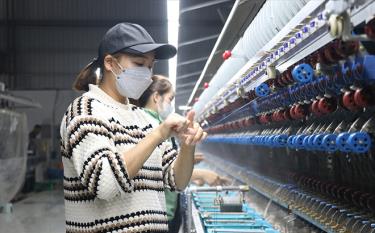
A mountainous locality with many difficulties, Yen Bai has defined investment attraction as a key solution to boost the local socio-economic development.

